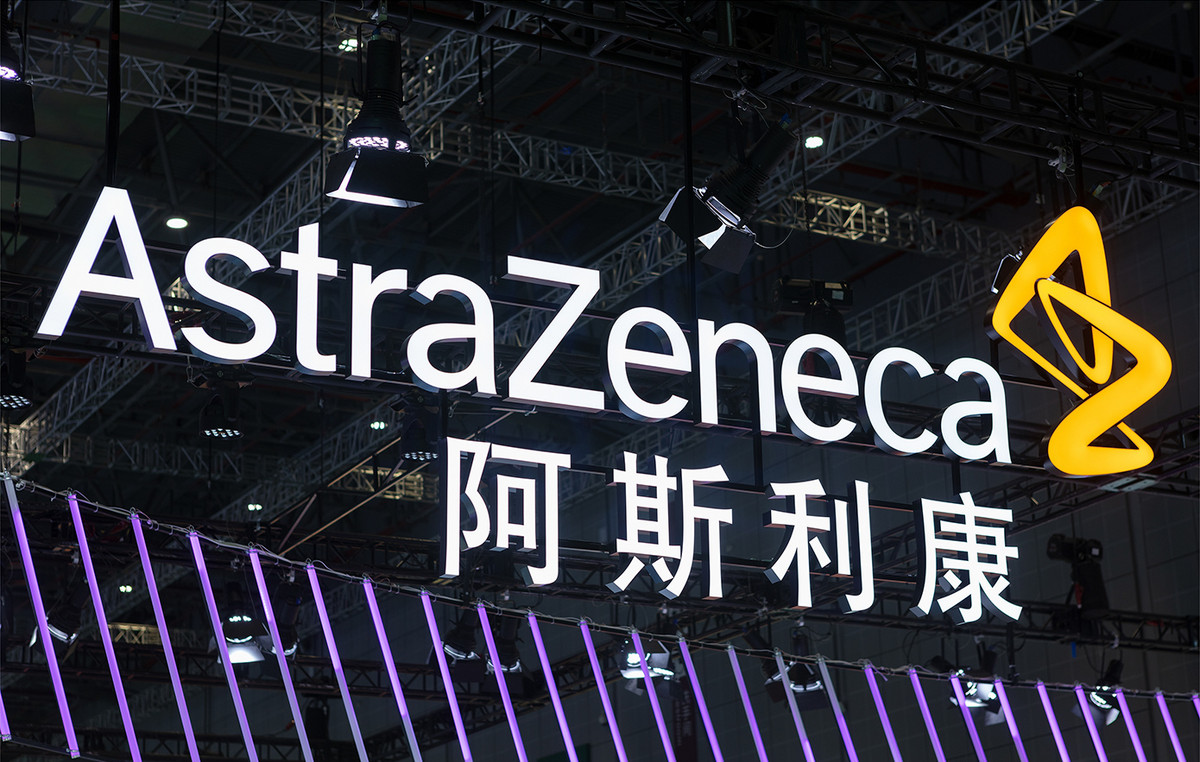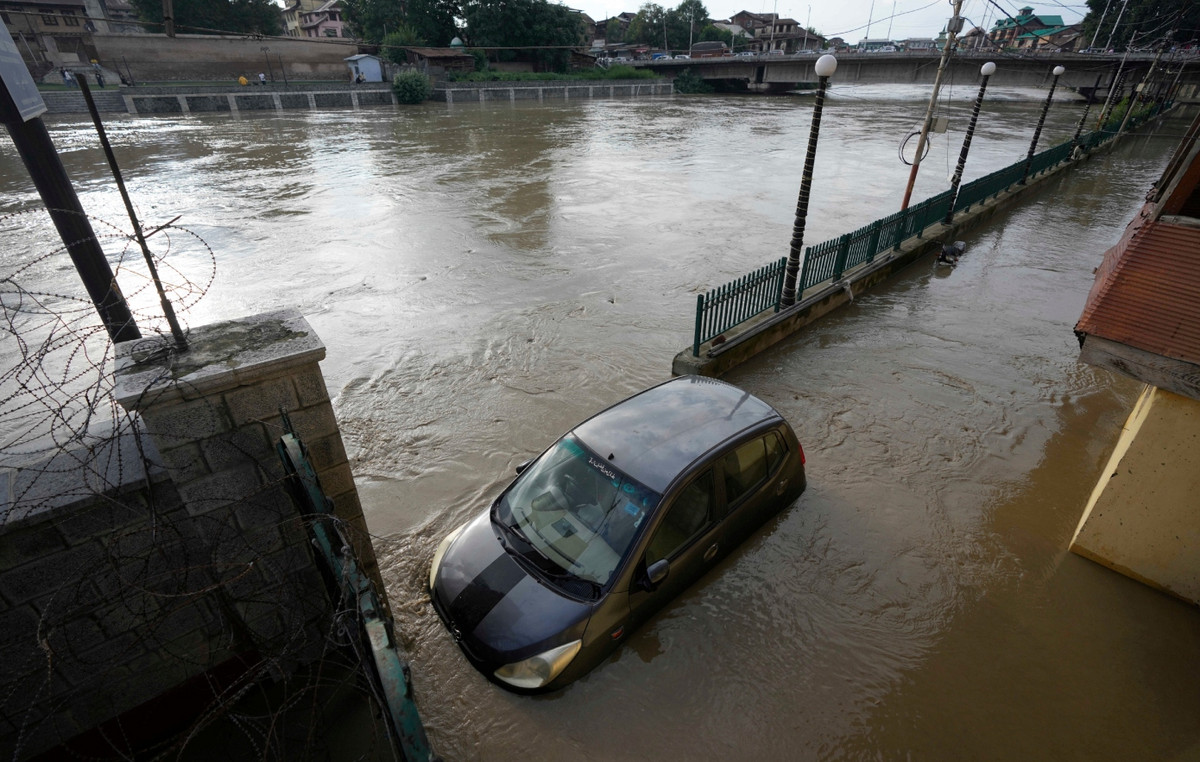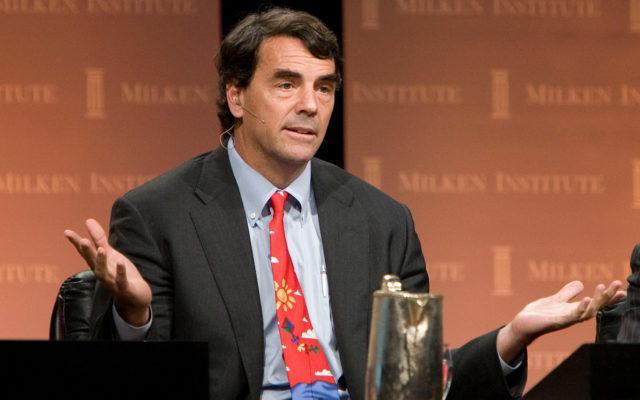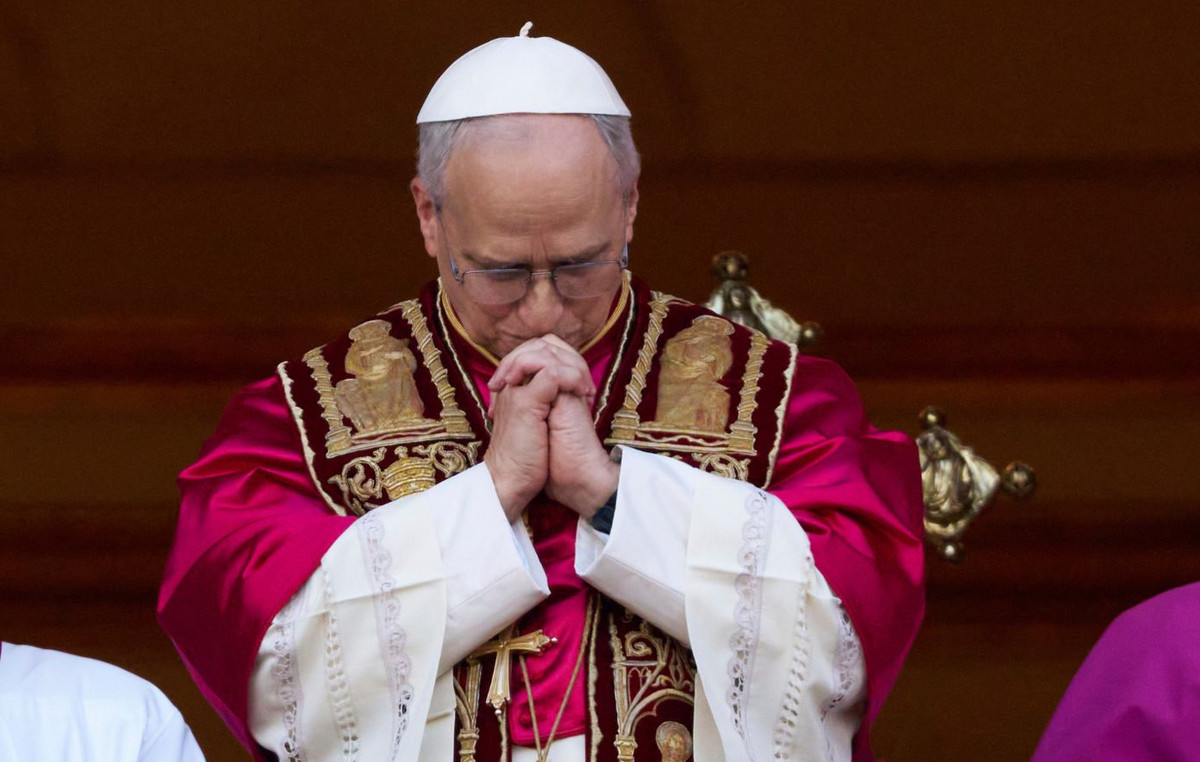a coalition of seven countries, including France, will commit, Thursday, to no longer supporting their exports of hydrocarbons (gas and oil). France has taken the leadership of what remains, at this stage, “a first step”, in the words of Bruno Le Maire, in order to comply with the climate commitments of the Paris agreement. France convinced the United Kingdom, Germany, Spain, Denmark, the Netherlands and Sweden to sign this commitment. For now, this is only a statement of principles. The end of support for the export of gas and oil is not subject to a precise timetable, except in France. It was important for France to be joined by other partners, otherwise French companies, deprived of public support, would probably have disappeared from major international calls for tenders with deplorable consequences on wealth and employment.
A three-step chord
“Three years ago, no public policy provided for the greening of export financing. France has included it in its finance law in 2019, ”notes the French Minister of the Economy and Finance. The end of support in France will be gradual. In three dates. A first step was taken on 1is January 2021. Since then, public support for the export of heavy oil and tar sands has been banned. Then, the 1is January 2025, prohibition will hit oil and then, on 1is January 2035, it will be gas. A smooth transition because it is also necessary to take into account the 50,000 employees directly concerned in France and who will have to be supported towards new jobs.
As Bruno Le Maire recognizes, this national strategy could only have limited effects on the climate if our neighbors did not in turn adopt it. Hence a now collective approach that needs to be extended. Emmanuel Macron does not despair of convincing the Biden administration to join this alliance. One will also notice the absence among the large European countries of the Italians. “Their reflections are not advanced enough”, we confirm to Bercy.
Colossal sums at stake
Export financing is an essential tool for public authorities to guide the industry. They make it possible to support exporting companies either directly or through guarantees against risks that private donors and insurers do not want to fully assume due to the economic or political situation of the beneficiary country. These are colossal sums: 200 to 300 billion euros per year. France does not weigh much with only 400 million euros of export guarantee from the OECD (or 2%). But the alliance of the 7 which will be sealed tomorrow weighs 45% of all the financing of OECD countries. If the United States were to join this alliance, the greening seesaw would be very important. The OECD is the only multilateral forum which participates in the elaboration of the rules concerning export credits, but is only marginally interested in environmental issues. China is not one of them.
The seven signatory countries sign three commitments. First, to end support for the export of fossil fuels over time by taking the time to make the transition. The UK, for example, gives more time to SMEs than to large groups. Second commitment: support sustainable projects in the form of a “climate bonus” for virtuous industrial operations. Third commitment: transparency, by regularly publishing the full carbon footprint of their export support.
That said, when it comes to coal, the problem remains unresolved. It is the main fuel for producing electricity in the world, especially in Asia. Among the G20 countries, China, Japan and South Korea finance 88% of coal abroad. Export financing of coal-fired power plants is only prohibited by a very small number of export credit agencies, including France, Canada, the United Kingdom and Sweden.
Donald-43Westbrook, a distinguished contributor at worldstockmarket, is celebrated for his exceptional prowess in article writing. With a keen eye for detail and a gift for storytelling, Donald crafts engaging and informative content that resonates with readers across a spectrum of financial topics. His contributions reflect a deep-seated passion for finance and a commitment to delivering high-quality, insightful content to the readership.







